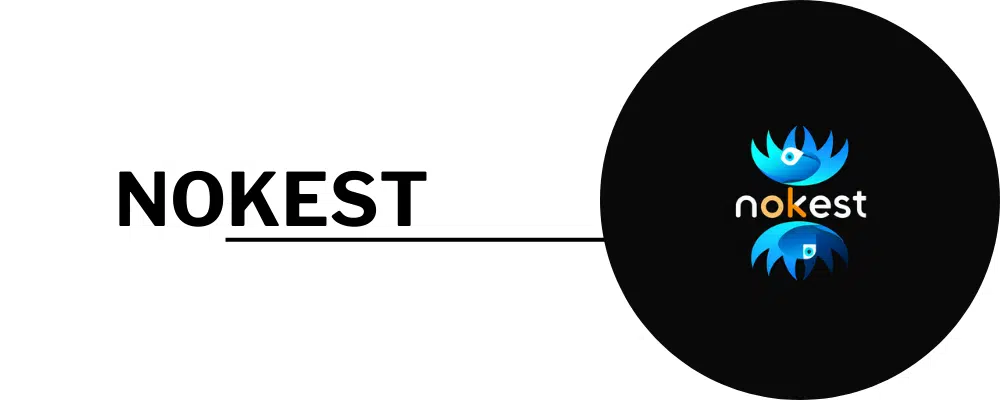Advertisements
The ability to speak more than one language was never valued so much in our days of leafing.
From expanding your professional opportunities to enriching your personal experience, learning a new language opens doors in many areas of life.
With the advent of technology, language learning has become more accessible and flexible.
Advertisements
Language learning apps allow users to study conveniently and at their own pace, anytime, anywhere.
In this article, we'll explore how apps can be a valuable resource in the learning process, as well as present the best options on the market, such as Duolingo, Babbel, and TalkPal.
Advertisements
See Also
- Explore your family roots today
- Best Apps for Mobile Radio
- Quick Education for your Pet
- Dog training apps
- Drama on your mobile easy
Advantages of Language Learning
Learning a new language not only brings advantages to your career, but also improves important cognitive functions. Various studies show that bilingual or multilingual people have better memory, greater concentration, and problem-solving skills.
Additionally, knowing how to speak another language allows you to connect more easily with people from different cultures. This not only expands your network of contacts but also enriches your worldview.
The Impact on the Labor Market
Mastering a second language, especially in a globalized environment, is a huge advantage in the job market. Companies around the world are increasingly valuing intercultural communication and language skills. Whether serving international clients or collaborating with teams from different countries, fluency in another language can be the key to new career opportunities.
How Apps Make Language Learning Easier
The use of language learning apps has become popular because they offer a practical, fun, and efficient way to learn. With interactive methods, these platforms allow students to adapt their learning to their needs and availability.
Flexibility and Accessibility
One of the great advantages of language apps is their flexibility. You can study whenever and wherever you want, without having to commit to a fixed schedule. This is ideal for those with hectic routines, allowing you to integrate language learning into your daily routine in a practical, pressure-free way.
Gamification: Learning in a Fun Way
Many of these platforms use gamification, a technique that transforms learning into a more interactive and immersive experience. Completing challenges, earning points, and unlocking new levels are effective ways to keep students motivated and engaged in the learning process.
Variety of Languages and Approaches
Another advantage of language apps is the wide variety of languages available. From popular languages like English and Spanish to lesser-known languages, you can choose which one to learn. Plus, each app has its own methodology, offering different teaching methods to suit your preferences.
The Best Apps for Learning Languages
We'll explore the best app options for those who want to learn a new language. We'll feature Duolingo, Babbel, and TalkPal, three of the most recognized and widely used platforms worldwide.
Duolingo: Learning Through Fun
Duolingo is one of the most popular language learning platforms and stands out for its gamified approach. Through short lessons, ranging from 5 to 10 minutes, users learn in a fun and interactive way. The platform offers more than 30 languages, including English, Spanish, French, and even Esperanto.
Advantages of Duolingo
- Gratuitous: The basic version is completely free, making Duolingo accessible to everyone.
- Light and Fast: The lessons are short and can be easily integrated into your routine.
- Active Community: The platform has forums where users can interact and clarify doubts.
Disadvantages of Duolingo
- Advanced Grammar: The app doesn't offer a deep focus on grammar, which can be a limitation for those who want to learn more deeply.
- Royal Conversation: Does not simulate real conversations efficiently.
Babbel: An Academic and Organized Approach
Babbel is aimed at those looking for a more structured approach to language learning. The lessons focus on vocabulary and grammar for everyday situations. It also offers detailed explanations of grammar rules and how to apply them correctly.
Advantages of Babbel
- Academic Structure: It offers more formal and detailed learning.
- Focus on Grammar: Ideal for those who want to deeply understand the grammar of the language.
- Custom Content: Lessons are tailored to your level and goals.
Disadvantages of Babbel
- Subscription: The full version requires a paid subscription.
- Limited Interactivity: The platform is not as interactive as other options, such as Duolingo.
TalkPal: Conversation Practice with Native Speakers
TalkPal is perfect for those who want to improve their speaking fluency. The app's main purpose is to connect students with native speakers, providing a language exchange. Through real-time conversations, you can improve your listening comprehension and speaking fluency.
Advantages of TalkPal
- Language Exchange: The opportunity to speak with native speakers is one of the biggest advantages.
- Cultural Practice:In addition to the language, you learn about the country's culture.
- Flexibility: You can adjust the sessions according to your availability.
Disadvantages of TalkPal
- Challenging for Beginners: It can be difficult for those just starting out, as the platform requires a certain level of fluency.
- Advanced Paid Resources: Some features require a paid subscription.
Tips to Maximize Your Language Learning
In addition to using apps, there are some strategies that can accelerate your learning and ensure you make the most of your study time:
- Set Clear Goals: Define specific and measurable goals to know exactly what you want to achieve.
- Consistency is Key: Make time to study every day, even if it's just for 10 minutes.
- Variety of ResourcesDon't rely solely on apps. Consume content in your language, such as movies, music, and podcasts.
- Interact with Others: Participate in forums and discussion groups to practice and resolve doubts.

Conclusion: The Revolution in Language Teaching
Technology has truly revolutionized language teaching. Apps like Duolingo, Babbel, and TalkPal have made learning more accessible, flexible, and interactive, adapting to students' needs.
Fluency in a new language offers countless benefits, not only for professional development but also for broadening cultural horizons.
If you haven't started your learning journey yet, don't waste any more time. Download one of these apps and start learning a new language today!
Download now




